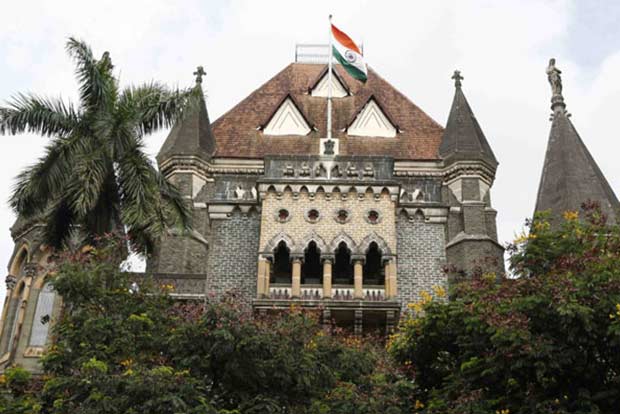Begin typing your search...
Bombay HC commutes death punishment to life for 3 accused in Shakti Mills gang-rape case
The Bombay High Court on Thursday commuted to rigorous life imprisonment the death sentences awarded to three repeat offenders, who were convicted for the brutal gang-rape of a photo-journalist in the Shakti Mills Compound in 2013.

Mumbai
A division bench of Justice S.S. Jadhav and Justice P.K. Chavan, while upholding the conviction, commuted the trial court's 2014 order of Principal Judge Shalini Phansalkar-Joshi, giving the death penalty to the accused trio -- Qasim Shaikh 'Bengali', 21, Salim Ansari, 28 and Vijay Jadhav, 19.
The verdict came in appeals filed by the three convicts, who -- along with one Siraj Rehman Khan and an unidentified minor -- were tried for the August 22, 2013 gang-rape which shook the nation.
The judges ruled that the Constitutional court cannot award punishment based on public opinion and though it may be contrary to the majority view, the court followed the procedure.
The three convicts -- who became the first in the country to be awarded under the amended Indian Penal Code Section 376 (E) providing for life term in jail or death for rape cases or repeat offenders, in the wake of the Delhi Nirbhaya gang-rape case of December 2012 -- shall not be entitled to furlough or parole while serving their rigorous imprisonment for life.
The incident took place late that evening when the young woman photo-journalist, along with a male colleague, was on an assignment to the defunct Shakti Mills Compound.
There, they were waylaid for the four young men and a minor boy, sparking a nationwide outrage, and the Mumbai Police managed to arrest all the accused within a week.
Subsequently, another victim, a 19-year old telephone operator also approached the police a month later to complain against the same five youngsters at the same venue on July 31, 2013, three weeks before the second incident.
Both the victim women identified the accused, and the two cases were heard simultaneously and in March 2014, the Sessions Court Principal Judge Phansalkar-Joshi found the four adults guilty in each case, while two minors were tried by the Juvenile Justice Board.
Subsequently, the prosecution sought permission to invoke the IPC Section 376(E) against the convicts which was allowed, the court sentenced the trio of Shaikh, Ansari and Jadhav to death as it was "the rarest of rare cases", while one was awarded a life sentence.
In the Bombay High Court, the public prosecutor Deepak Salvi, along with Sanil Salvi argued for the highest punishment since it was the 'rarest of rare cases' as their acts amounted to devastation of social trust, led to a fear psychosis due to the brutal, barbaric and diabolical nature of the crime, all the accused threatening to kill the victim, committing the violence brutal sexual assault involving anal and oral sex.
The Amicus Curiae, advocate Yug M. Choudhary, assisted by lawyer Payoshi Roy -- appointed for the accused -- argued against the death sentence saying the accused were not given any opportunity to defend or reform themselves.
He explained how the accused were never exposed to any correctional influence, their socio-economic circumstance, no schooling, were used to a life of abject violence and did not deserve the death penalty especially when the maximum punishment for the offence was 20 years.
Visit news.dtnext.in to explore our interactive epaper!
Download the DT Next app for more exciting features!
Click here for iOS
Click here for Android
Next Story



